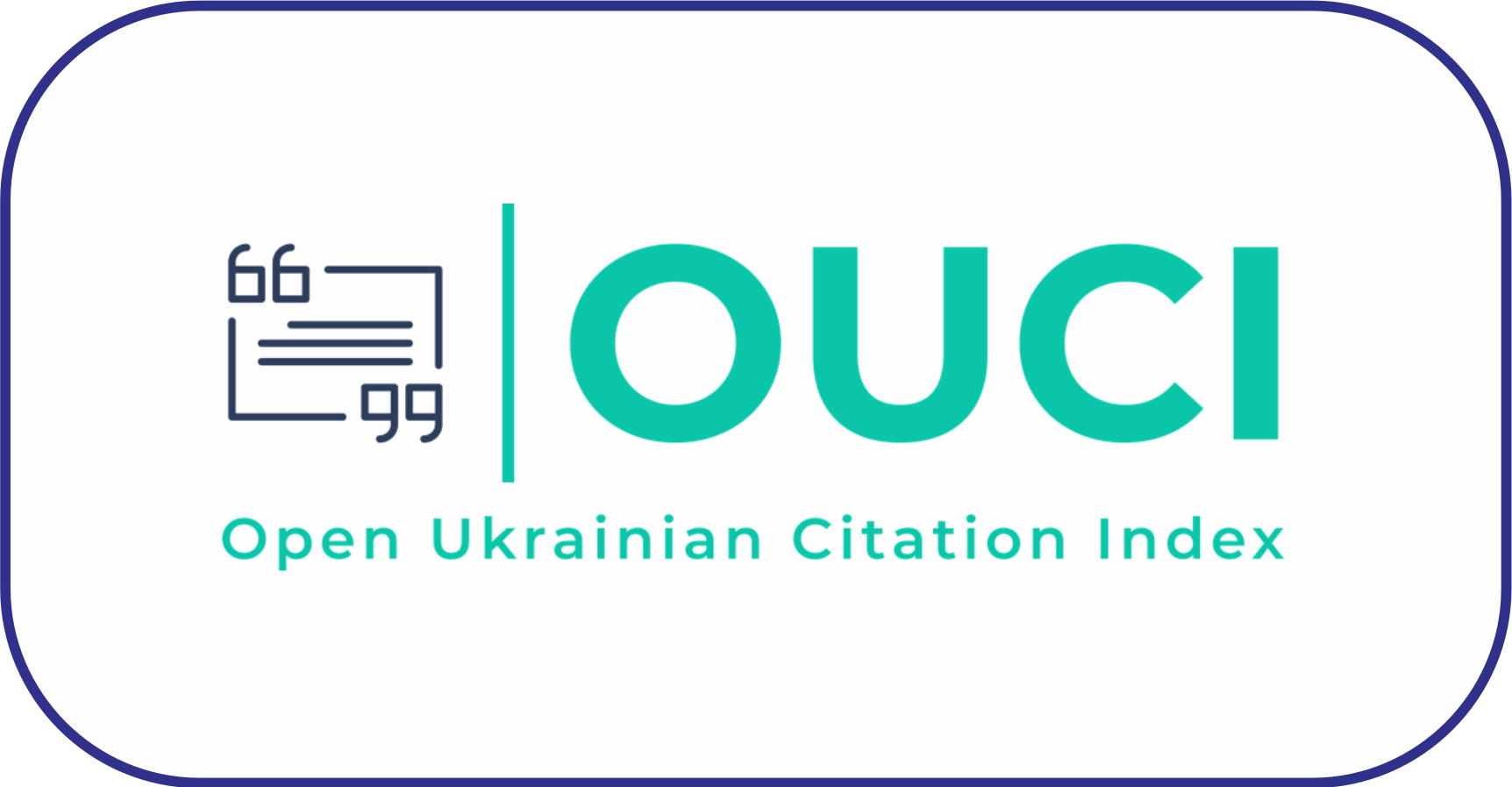Biostimulants and salinity: Crosstalk in improving growth and salt tolerance mechanism in Fennel (Foeniculum vulgare)
DOI:
https://doi.org/10.63072/aab.21002Keywords:
Foeniculum vulgare, Humic acid, Plant biostimulants, Salt stress, Signaling signatures, Stress perceptionAbstract
Crop development of various economically important horticultural crops faces substantial limitations due to various abiotic stresses. These pressures contribute to over 70% of the yield gap. Notably, salt stress has become increasingly significant in crop production in recent years. Salinity triggers ionic, osmotic, and oxidative disturbances, leading to the production of reactive oxygen species, decreased water potential, membrane dysfunction, reduced rates of photosynthesis, and lower nitrogen assimilation. All of these factors significantly impede crop growth and yield. A potential and effective approach to alleviate salt stress involves the use of plant extracts obtained from natural sources as an alternative to synthetic fertilizers. These extracts are rich sources of bioactive compounds such as carotenoids, flavonoids, and phenolics, which play pivotal roles in redox metabolism regulation and enhancing plant growth. Fennel (Foeniculum vulgare) with its diverse applications in food, cosmetics, and medicine, offers essential oil rich in beneficial properties, including antifungal, antibacterial, anticancer, and antioxidant effects. Humic acid is recognized for improving soil conditions and promoting plant growth. Saline soils present a major hindrance to plant development, impacting seed germination and seedling growth. Plants employ various adaptive mechanisms to endure challenging environmental conditions. Biostimulants, which consist of diverse compounds derived from microbial and plant sources, play a vital role in promoting plant growth and alleviating environmental stress. These products impact plant physiology, metabolic processes, and nutrient absorption, presenting an innovative method to address salinity issues. The article highlights the significance of seaweed extracts, humic acid, and vegetable extracts as valuable elements in augmenting both crop yield and quality. Furthermore, this assessment illuminates how plants react to different biostimulants, showcasing benefits such as amplified root growth, improved nutrient assimilation, and increased resilience to stress. © 2021 The Author(s)
Downloads
Published
How to Cite
Issue
Section
License
Copyright (c) 2021 Advances in Agriculture and Biology

This work is licensed under a Creative Commons Attribution-NonCommercial 4.0 International License.





























